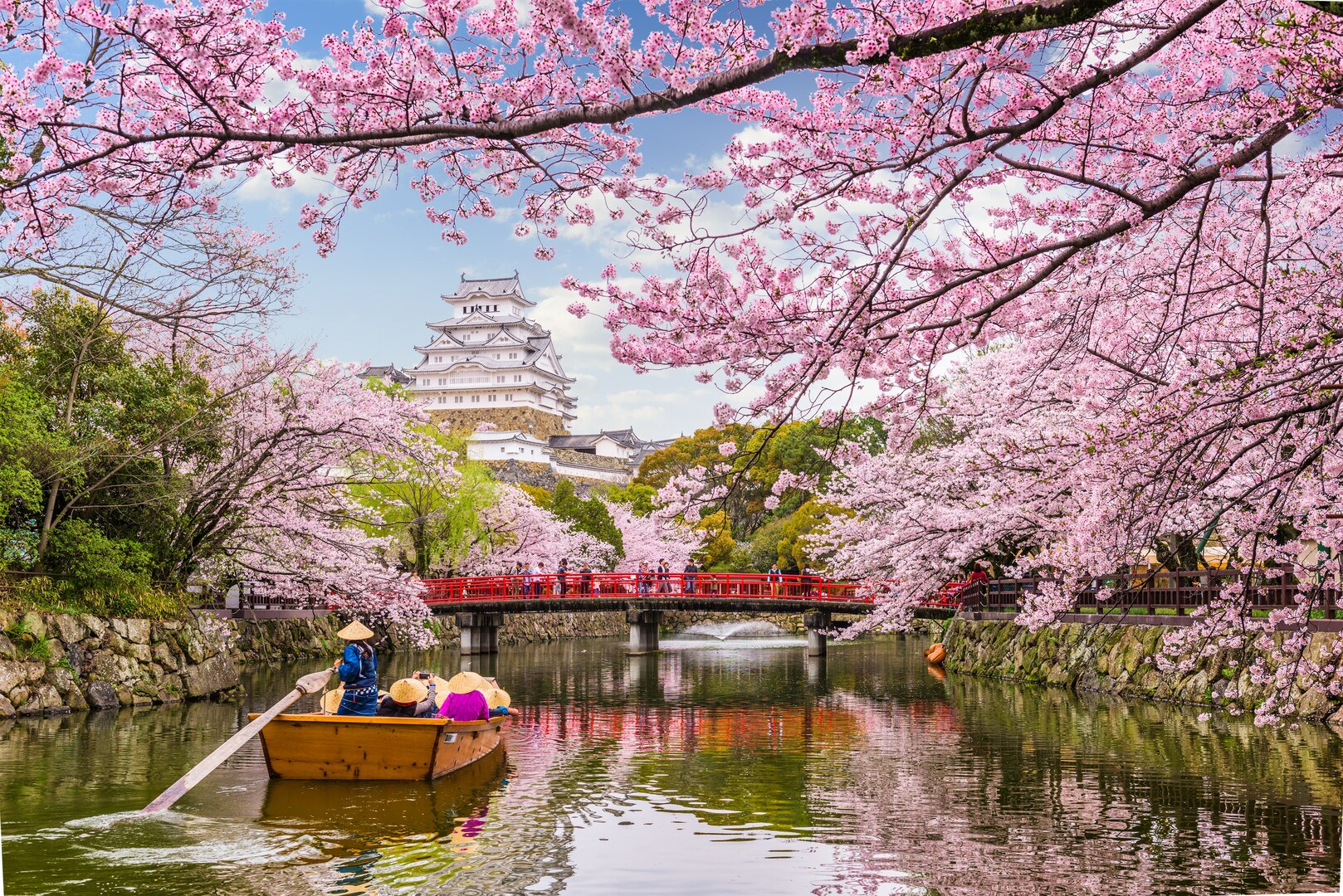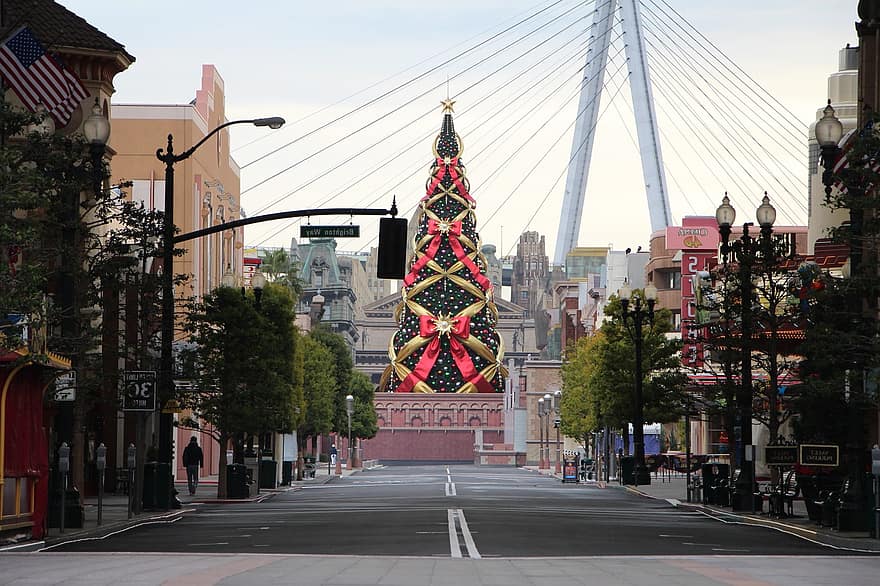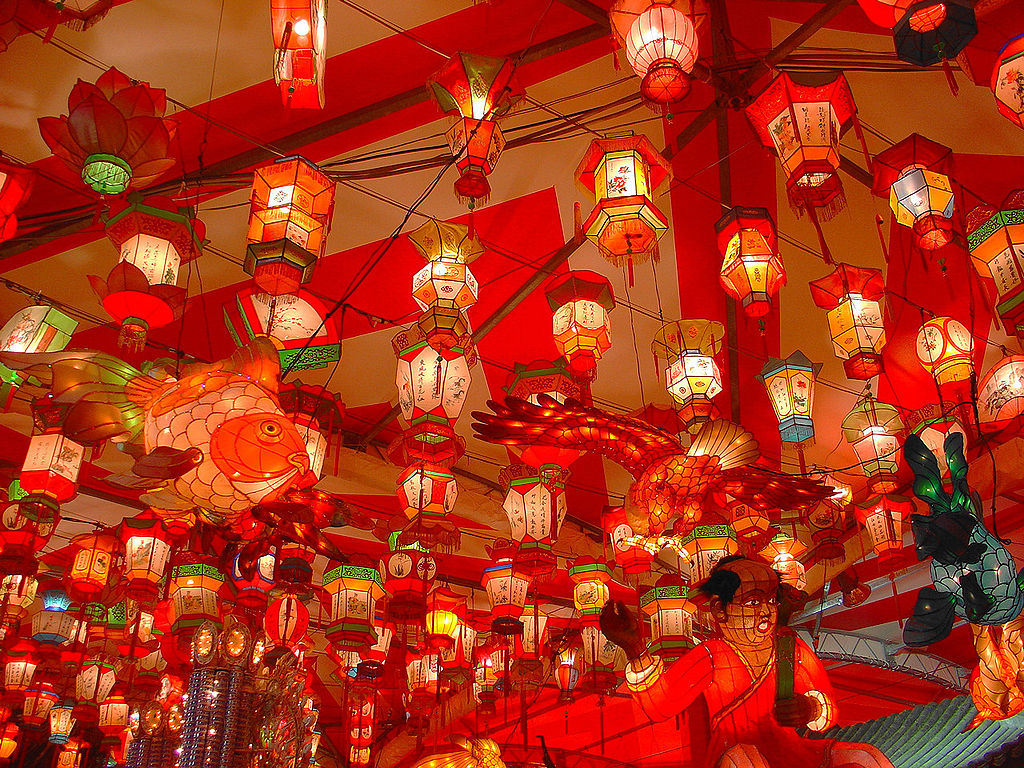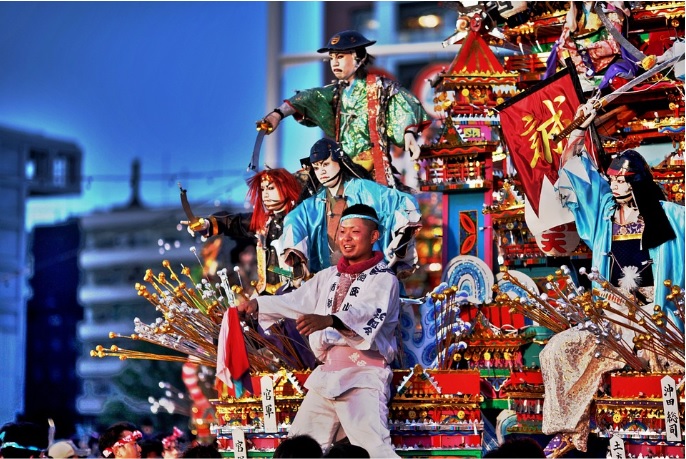
Everyone would find the moon mysterious. More often than not, it has been connotated bringing energy, which can affect us by stirring up severe anger, rage, irritability or stress. It has also been linked to eerie images, especially when Halloween takes place.
However, in Japan, full moon is honored when the fall season comes. They call this elegant ceremony as Tsukimi or otsukimi.

For the Japanese, the moon is also coated with mysterious appeal. It is also been a subject for poems and literature. Through tsukimi, they are able to appreciate the moon on its full form, which started over 1,000 years ago during the Heian period. It is often falls on September 12 or 14.
They don't just marvel at the moon. As a traditional practice, they set an altar by placing ornaments and offerings, usually dango, dumplings, sake, chestnuts or combination of these, next to windows, on verandas, or any spot where moon can be seen. With these offerings, they feel that they are sharing the food with the lunar god.
As a tradition, children are not scolded for stealing or eating the food. Instead, they believe that the gods are happy sharing these offerings with the kids. Above all, this is a familiar part of Japanese children's lives.
Enjoy the full moon! Don't fill these special day with negativity! Like the Japanese, let us appreciate its beauty and its power to light up the darkest of nights, like a disco ball hanging by a thread, as the song goes.





